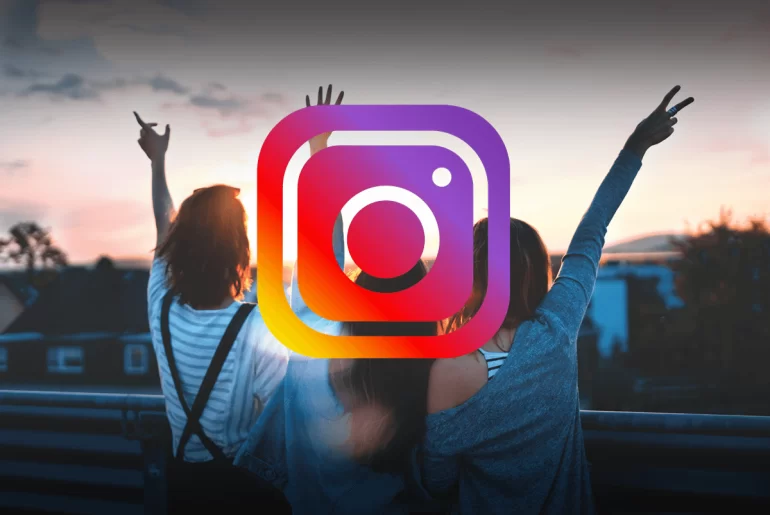In a highly competitive market, leveraging influencer marketing can be a powerful strategy to boost brand visibility, drive traffic, and improve search engine optimization (SEO) rankings. By partnering with influencers who have a strong online presence and a relevant audience, businesses can amplify their message and reach a wider audience. Here are some Seo best practices for effectively leveraging influencer marketing in a competitive market:
- Identify Relevant Influencers:
Keyword Research: Use SEO tools to identify relevant keywords and phrases related to your industry, products, or services.
Audience Alignment: Look for influencers whose audience demographics and interests align with your target market.
Engagement Metrics: Evaluate influencers based on their engagement metrics, such as follower count, likes, comments, and shares.
- Create High-Quality Content:
Keyword Optimization: Incorporate relevant keywords naturally into the content created by influencers, including captions, descriptions, and blog posts.
Visual Appeal: Visual content like images and videos can enhance engagement and encourage sharing, improving visibility on social media platforms and search engines.
Link Building: Include links to your website or specific landing pages within the content to drive traffic and improve SEO rankings.

- Optimize Collaboration Agreements:
SEO-Friendly Content Guidelines: Provide influencers with clear guidelines on SEO best practices, including keyword usage, content length, and formatting.
Anchor Text Optimization: When collaborating on sponsored content or guest blog posts, ensure that anchor text links are optimized for relevant keywords.
Disclosure Requirements: Ensure compliance with regulatory requirements for sponsored content by clearly disclosing partnerships and sponsorships.
- Encourage Social Sharing and Engagement:
Social Signals: Social signals, such as likes, shares, and comments, can indirectly impact SEO rankings by increasing brand visibility and engagement.
Cross-Promotion: Encourage influencers to share content across their social media channels and engage with their audience to amplify reach and visibility.
User-Generated Content: Encourage followers to create and share user-generated content related to your brand or products, further expanding your online presence.
- Monitor and Measure Performance:
Track Key Metrics: Use analytics tools to track the performance of influencer marketing campaigns, including website traffic, engagement, and conversion rates.
SEO Performance: Monitor changes in search engine rankings and organic traffic following influencer collaborations to assess the impact on SEO.
Iterative Optimization: Based on performance data, refine your influencer marketing strategies and content to maximize SEO benefits and achieve your business objectives.
Conclusion
By following these SEO best practices, businesses can effectively leverage influencer marketing to enhance their online visibility, drive organic traffic, and outperform competitors in a competitive market. By aligning with the right influencers, creating high-quality content, optimizing collaboration agreements, encouraging social sharing and engagement, monitoring performance, and building long-term relationships, businesses can maximize the SEO impact of influencer marketing efforts and achieve sustainable growth in an increasingly competitive digital landscape.









